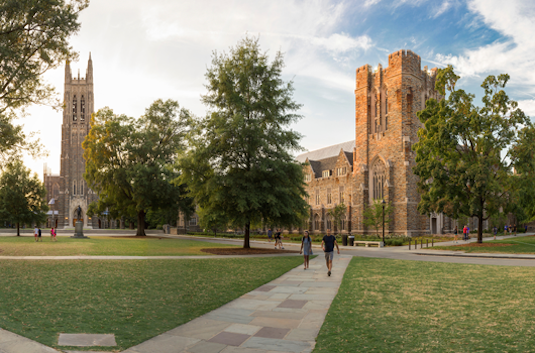More than Bystanders, Microglia Destruct Synapses in Alzheimers Disease

Synapse loss is a hallmark of multiple neurologic diseases, including neurodevelopmental disorders and age-related neurodegenerative diseases. Emerging research implicate microglia, the resident immune cells of the central nervous system, as active partners in brain wiring, in that they help shape the developing brain and aid the breakdown of synaptic circuitry in disease. My study as a postdoctoral fellow was among the first that suggested microglia as critical players in synaptic pathology in Alzheimer's disease (Hong et al., Science 2016). These findings altogether raise the need to understand the immune basis of neurologic function and circuitry and the molecular pathways governing microglia-synapse interactions. Furthermore, we still know little about how microglia contribute to brain homeostasis and function. In my laboratory, I aim to understand the immune basis of synaptic circuitry and function. Primary goals of my laboratory will be to understand how higher cognitive functions such as learning and memory involve microglial biology in the healthy adult brain, and dissect immune mechanisms behind region-specific vulnerability of synapse loss and neuronal dysfunction during disease. The experiments I propose will broaden our understanding of how the immune system and the nervous system work together to maintain brain function, and how these interactions may go awry during aging and dementia.






